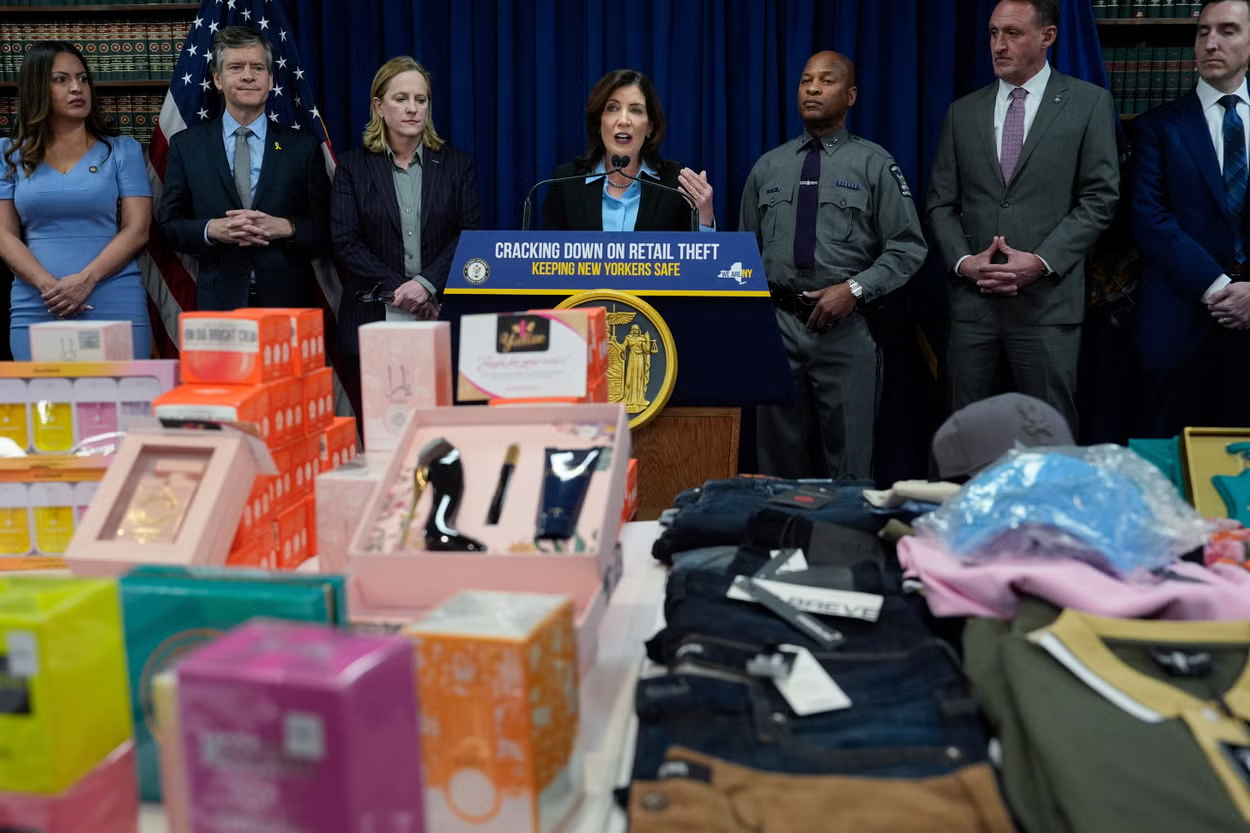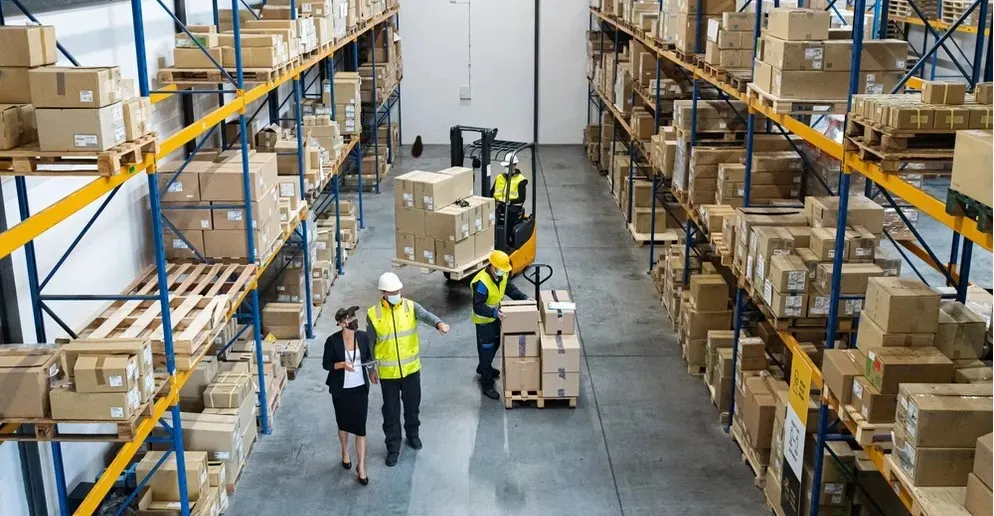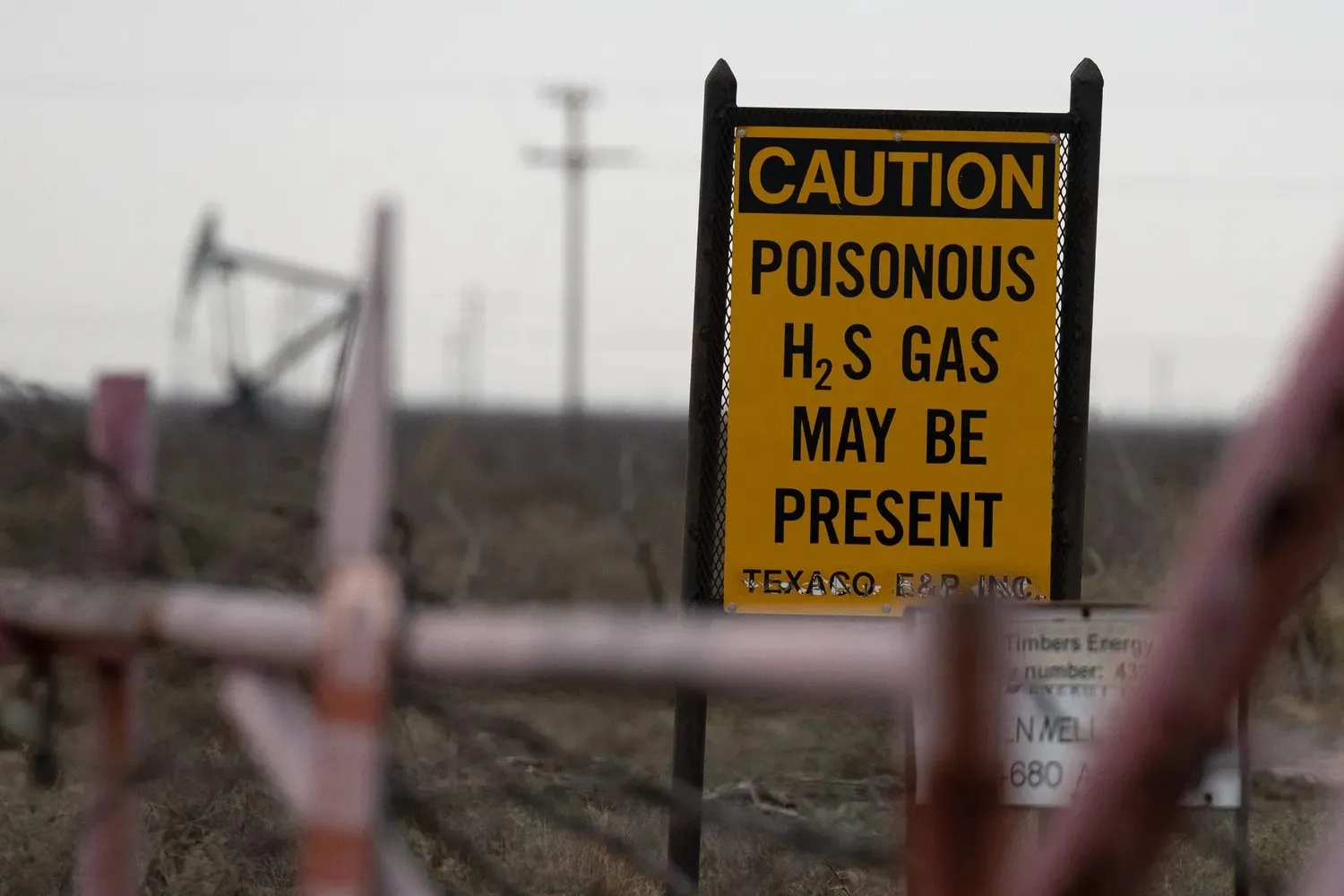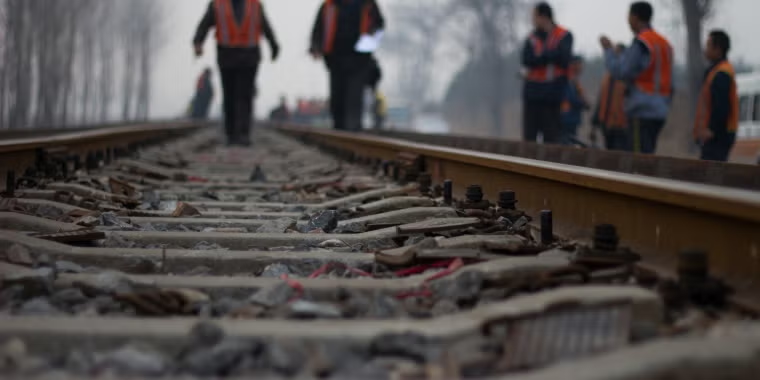
The American Ledger looked at new data and found that organized retail crime has been going up across the country for the past three years. This trend is likely to continue until the end of 2025. These crimes are not just aimed at one store at a time; they are coordinated networks that go after big companies, pharmacies, and electronics stores in many states.
An internal study of big retail chains shows that organized crime has lost a lot more money in the last two years. Power tools, baby formula, and shaving supplies are still popular targets because they are easy to sell again. In response to a string of bold, widely reported robberies, some stores have cut back on staff, locked up items that are easy to steal, or even taken some items off the shelves completely.
Seven states' prosecutors and police departments said they couldn't continue with investigations because they didn't have enough staff, their tracking systems were out of date, and it was hard to cross state lines. Investigations take a long time and cost a lot of money because many theft rings work across county and state lines.
“These aren’t random thefts — they’re coordinated operations,” said Lt. Marcus Haley, a detective with a Midwest property-crimes task force. “Crews plan their routes, communicate through encrypted apps, and move thousands of dollars in stolen goods a week.”
Retailers say that the losses will eventually affect the availability and prices of goods, making it harder for people who are already having trouble getting what they need.

Online Marketplaces Fuel the Expansion Stolen goods quickly resold through digital platforms
Police say that one of the main reasons for organized retail crime is that there are now many more ways to sell things online.
Federal officials have responded by pushing for stricter rules that require online marketplaces to verify the identity of sellers who do a lot of business. Some of these rules were already in place in other laws, but how they are enforced on different platforms is not the same. Experts say that criminal networks can keep taking advantage of weaknesses because there aren't any consistent standards.
Dr. Elena Brooks, a criminology professor at the University of Maryland, says that "these networks will keep making money until online platforms put stricter rules in place." "It's just too easy to make money off of stolen goods." Experts say that organized retail crime will keep changing faster than current law enforcement tools unless there is more cooperation between federal and state agencies. However, lawmakers are looking into more measures for 2026.

Skenes and Skubal Win Cy Young Awards as Future Uncertainty Grows
NOVEMBER 12, 2025

Investigation News

Warehouse Slowdowns Reveal Hidden Weakness in U.S. Supply Chains
An investigation finds major U.S. warehouses facing severe staffing shortages and outdated systems, creating silent bottlenecks across national supply chains.
INVESTIGATION NEWS BY NOVEMBER 5, 2025

Chemical Leaks Persist as States Struggle to Monitor High-Risk Sites
A nationwide investigation finds that old industrial sites have had repeated chemical leaks and contamination events, showing that federal and state monitoring is not strong enough.
INVESTIGATION NEWS BY NOVEMBER 3, 2025

Train Safety Failures Persist as Federal Oversight Struggles to Keep Up
A nationwide investigation finds recurring rail safety lapses as outdated equipment, staff shortages, and slow federal inspections continue into 2025.
INVESTIGATION NEWS BY NOVEMBER 6, 2025







